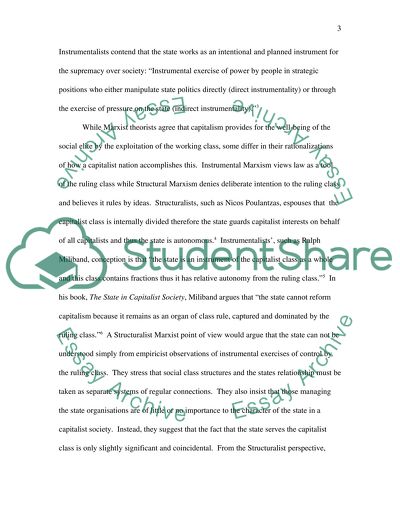Cite this document
(“Examine citically the ways in which Marxist Theory seek to establish a Essay”, n.d.)
Examine citically the ways in which Marxist Theory seek to establish a Essay. Retrieved from https://studentshare.org/miscellaneous/1536420-examine-citically-the-ways-in-which-marxist-theory-seek-to-establish-a-relationship-between-law-and-the-economy
Examine citically the ways in which Marxist Theory seek to establish a Essay. Retrieved from https://studentshare.org/miscellaneous/1536420-examine-citically-the-ways-in-which-marxist-theory-seek-to-establish-a-relationship-between-law-and-the-economy
(Examine Citically the Ways in Which Marxist Theory Seek to Establish a Essay)
Examine Citically the Ways in Which Marxist Theory Seek to Establish a Essay. https://studentshare.org/miscellaneous/1536420-examine-citically-the-ways-in-which-marxist-theory-seek-to-establish-a-relationship-between-law-and-the-economy.
Examine Citically the Ways in Which Marxist Theory Seek to Establish a Essay. https://studentshare.org/miscellaneous/1536420-examine-citically-the-ways-in-which-marxist-theory-seek-to-establish-a-relationship-between-law-and-the-economy.
“Examine Citically the Ways in Which Marxist Theory Seek to Establish a Essay”, n.d. https://studentshare.org/miscellaneous/1536420-examine-citically-the-ways-in-which-marxist-theory-seek-to-establish-a-relationship-between-law-and-the-economy.


